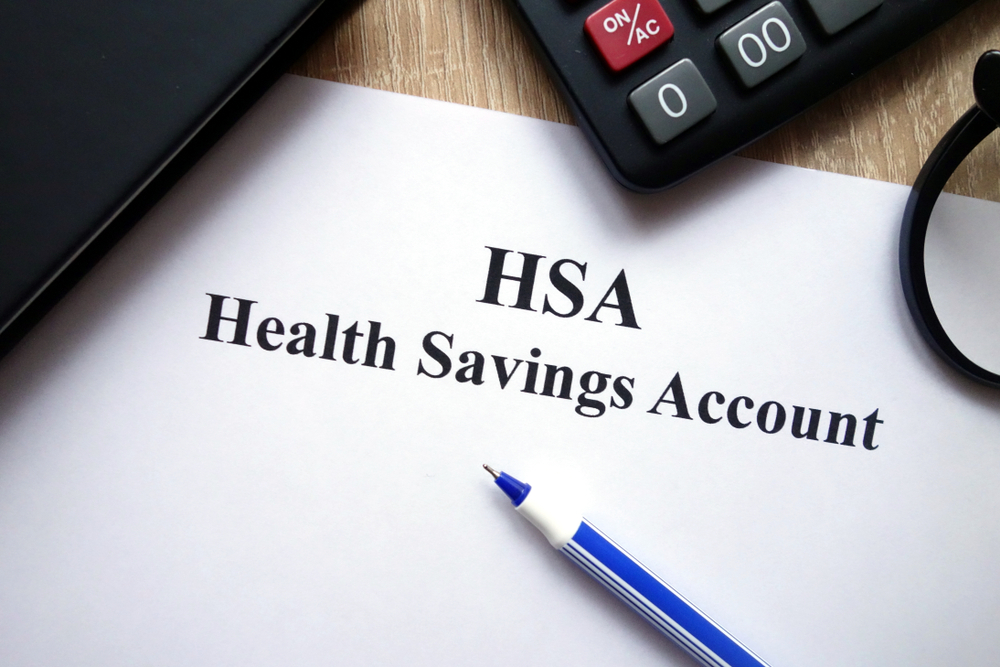A Health Savings Account (HSA) offers a tax-efficient way to save for medical expenses that may not be covered by your health plan. To be eligible, you must meet the following IRS criteria and be enrolled in a High-Deductible Health Plan (HDHP) through the Federal Employees Health Benefits (FEHB) program:
- You must not have any other health insurance coverage.
- You cannot be enrolled in Medicare.
- You must not be claimed as a dependent on someone else’s tax return.
Since HSAs are only available to those with HDHPs, they may not be the best fit for everyone. Here’s an overview of the benefits and drawbacks.
Benefits of an HSA:
- Tax Advantages: Contributions to your HSA are made pre-tax, reducing your taxable income, and any interest earned is tax-free. Additionally, withdrawals are tax-free if used for eligible medical expenses.
- Eligible Expenses: HSA funds can be used for a variety of healthcare needs, including dental, vision, mental health counseling, over-the-counter medications, and menstrual products.
- No Expiration: Unused funds and earned interest roll over year after year, with no limit on the amount that can accumulate.
- Portability: Your HSA is yours to keep, even if you retire or switch health plans.
- Convenience: Some plans offer a debit card to simplify paying for qualified expenses.
Drawbacks of an HSA:
- Requirement of an HDHP: HSAs are only available to those with an HDHP, which generally have lower monthly premiums but significantly higher deductibles. For 2024, the minimum deductible is $1,600 for individual coverage and $3,200 for family coverage. You’ll need to pay out-of-pocket until the deductible is met.
- Reluctance to Spend: Some participants may hesitate to seek medical care in order to avoid using their HSA funds.
- Penalties for Non-Qualified Expenses: If you use HSA funds for non-qualified expenses before age 65, you’ll face a 20% penalty, plus income taxes on the withdrawal. After age 65, you won’t face a penalty, but you will still owe taxes.
- Record Keeping: It’s important to keep receipts to verify that your expenses are eligible, in case of an IRS audit.
An HSA can be a valuable tool for covering medical expenses and reducing taxes, but its benefits largely depend on your specific healthcare needs and financial situation. For more information, connect with an FRC® trained advisor.



